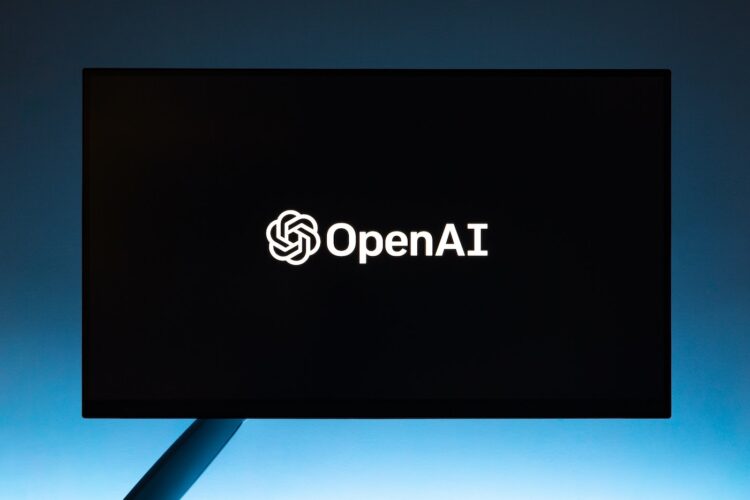OpenAI and Google are advocating for the US government to permit the training of their AI models on copyrighted materials. Both companies presented their viewpoints in separate submissions last week, responding to a request from the current administration’s “AI Action Plan” initiative, which aims to strengthen the country’s status as a leader in artificial intelligence.
OpenAI contends that granting AI companies access to copyrighted content is crucial for maintaining the US’s competitive edge in AI against China, citing the emergence of DeepSeek. The company’s proposal claims that Chinese AI developers have unrestricted access to data, including copyrighted material, which enhances their models, and that if US firms are denied fair use access, the AI race could be lost.

Google echoed this sentiment, noting that copyright, privacy, and patent policies can obstruct the appropriate access to data necessary for training advanced models. The tech giant emphasised that fair use policies and text and data mining exceptions have been instrumental in developing AI models from publicly available data.
“These exceptions enable the use of copyrighted, publicly available material for AI training without significantly harming rightsholders,” Google said in an official blog post. “They also help avoid the often unpredictable, imbalanced, and lengthy negotiations with data holders during model development or scientific experimentation.”

However, both OpenAI and Google are currently facing multiple lawsuits from news organisations and content creators over alleged misuse of copyrighted data. Other companies, such as Apple and NVIDIA, have also been accused of improperly utilising YouTube subtitles for AI training.


